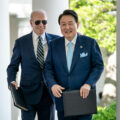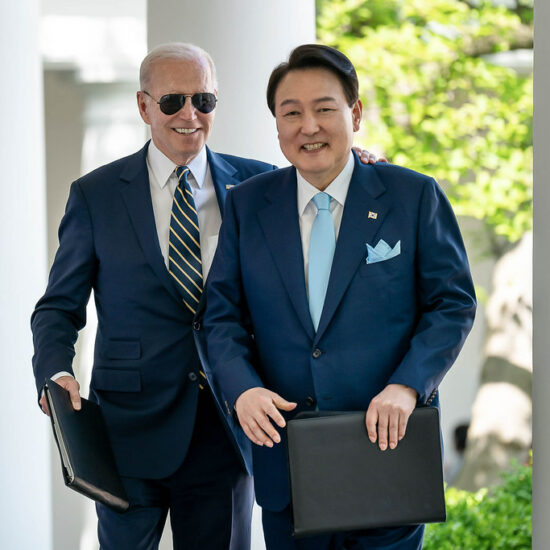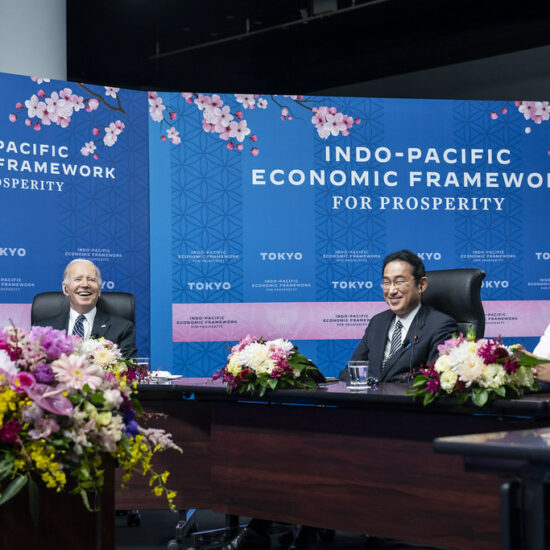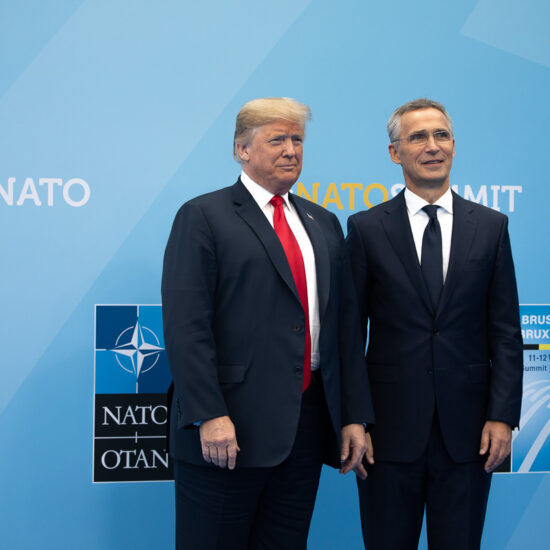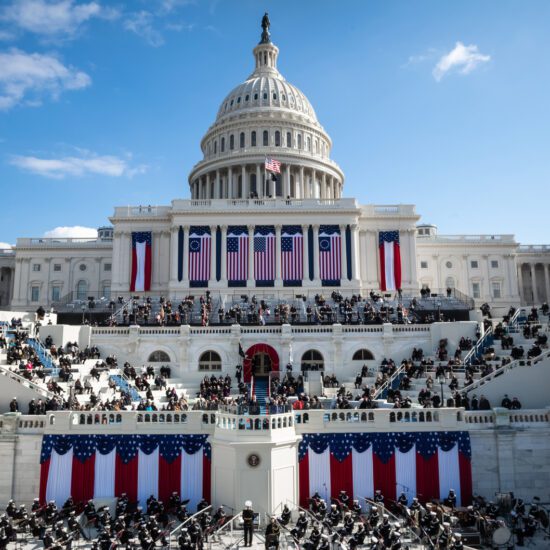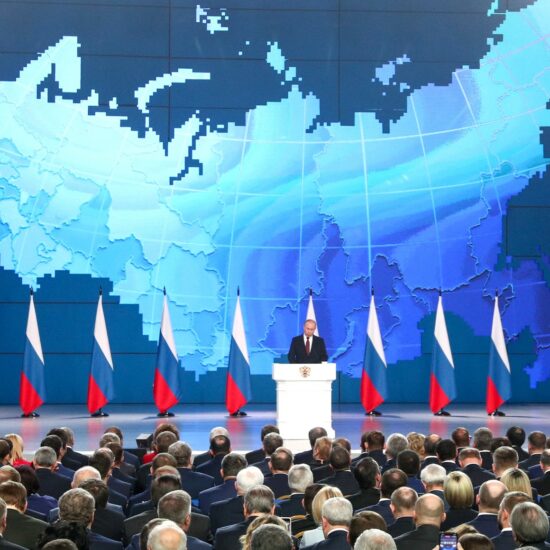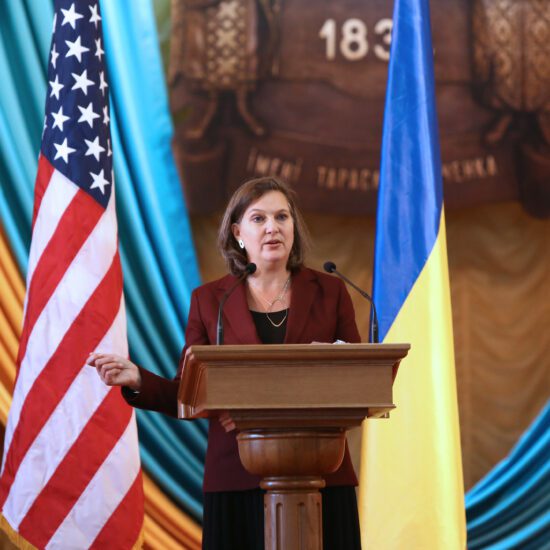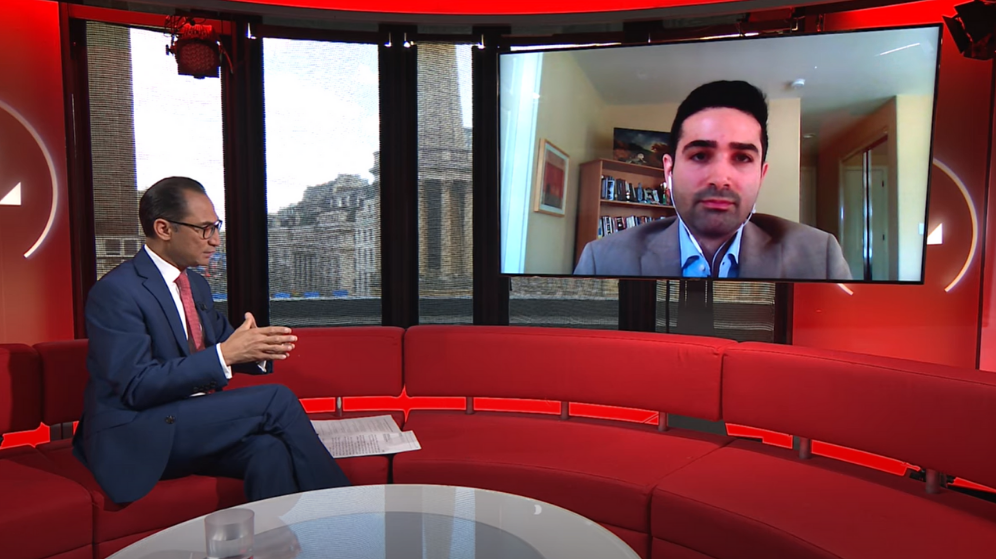
This week IPD Research Director Dr. Arta Moeini spoke with the BBC Persian service in the wake of the increasing tensions between the United States and Iran surrounding the JCPOA and US efforts to bring back UN sanctions against Iran via the “snapback” provision.
Noting Washington’s public withdrawal from the JCPOA in May 2018, Dr. Moeini observed that the US would no longer qualify as a “participant state” under the terms of the agreement and therefore lacks the legal standing to activate the snapback mechanism. He predicted that the E3 along with China and Russia would unite to block US efforts to reimpose international sanctions on Iran by not recognizing Washington’s formal notice of complaint (alleging Tehran’s “significant non-compliance”) to the UN Security Council. Dr. Moeini warned of an impending crisis in the UNSC that was baked in as part of the shortsightedness of UNSC resolution 2231. “Snapback mechanisms work by weaponizing the veto power of the P5”, he noted, “technically-speaking they allow for unilateral action but in practice, this effectively means that unless there is consensus and reasonable ground for activation, such measures will either significantly undermine the international standing and credibility of the claimant nation or raise serious concerns about veto power itself, and worse, threaten the very integrity and future of the UNSC.”
“Irrespective of which side prevails in the end, this is a lose-lose scenario for the world”, remarked Dr. Moeini. “An isolated humiliated America or a weakened and ineffective UN Security Council—both are fundamentally destabilizing and undesirable for international security.”

